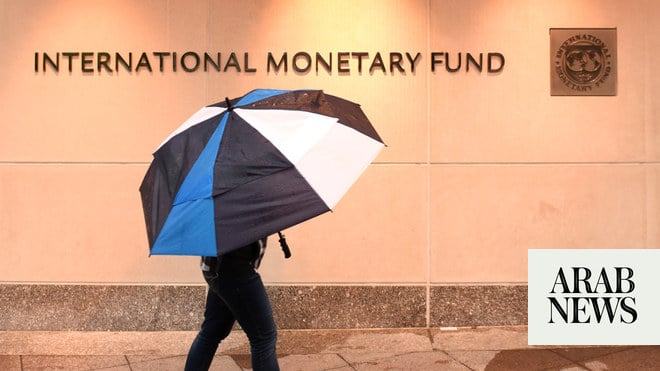
Yemen"s central bank has begun weekly auctions of dwindling foreign exchange reserves to banks in a bid to bolster the currency and temper inflation, and is also seeking to tap IMF reserves offered in August, the bank and an IMF source said.
The International Monetary Fund has allocated $655 million worth of Special Drawing Rights (SDRs) to Yemen, which would boost foreign exchange reserves by 70%, to help ease an acute economic and humanitarian crisis in the war-torn nation. read more
But to spend SDRs, countries must first exchange them for hard currencies, requiring them to find a country willing to be an exchange partner.
The war split Yemen"s central bank into rival branches, one run by the Iran-backed Houthis in the north, the other answering to the internationally-recognised government in Aden, which is backed by Saudi Arabia.
An official at Yemen"s internationally-recognised central bank, who declined to be named, told Reuters the government was still looking for a partner and that Britain was a candidate for that. The UK Treasury and Bank of England declined to comment.
Britain is among Western nations that have provided support to the Saudi-backed coalition.
The Aden-based central bank has run through most of $2 billion deposited by Saudi Arabia in 2018 after a previous foreign exchange crisis to help finance imports of basic goods.
"What is left from the Saudi grant is only $100 million dollars, but we need prior permission from Saudi Arabia to spend it," the central bank official said.
Saudi Arabia"s embassy to Yemen did not respond to a request for comment on its current support for the central bank in Aden.
Riyadh leads a military coalition that intervened in Yemen in March 2015 against the Iran-aligned Houthis after they ousted the Saudi-backed government from the capital, Sanaa.
The war has caused the world"s largest humanitarian crisis. Inflation, foreign currency shortages and coalition restrictions on imports to Houthi-held areas have made food, water and fuel unaffordable for many in Yemen, which imports most of its needs.
The IMF official, speaking on condition of anonymity, said Yemen"s foreign currency reserves were now extremely low, at less than one month of import cover, and that the market needed greater access to foreign exchange to stabilise the economy.
As a short-term measure, and on IMF advice, the central bank last week began weekly auctions of its remaining foreign exchange reserves, saying it wanted to increase banks" liquidity to reduce exchange rate pressures.
It has so far sold two tranches of $15 million apiece, at rates close to but below informal and official exchange rates which keep hitting all-time highs.
In Aden one dollar is being exchanged for 1,495-1,510 riyals. In Houthi-held areas, the rate is between 602-606 riyals.
Yemen"s Saudi-backed government, which has been struggling to pay public sector wages, had resorted to printing money to cover the deficit but Houthi authorities banned circulation of the freshly printed money in their territory, spurring the divergent currency values.
The plummeting Yemeni currency and rising inflation in the south had led to demonstrations earlier this year.












